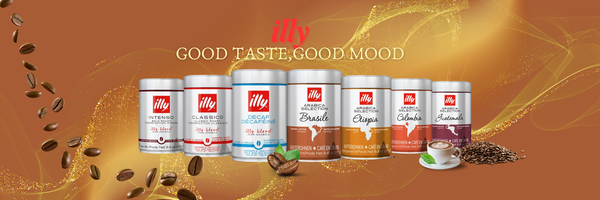Eating Coffee Beans vs. Drinking Coffee
Wiki Article
Eating Coffee Beans vs. Drinking Coffee
Coffee is one of the world’s favorite pick-me-ups, but have you ever wondered whether eating coffee beans offers the same benefits as drinking a brewed cup? While both provide caffeine and antioxidants, the experience, effects, and health impacts can differ significantly. Let’s explore the similarities and differences between eating coffee beans and drinking coffee.

1. Nutritional Profile
Eating Coffee Beans: Coffee beans are packed with concentrated amounts of caffeine, fiber, and antioxidants. When you eat them, you’re consuming the whole bean, which means more nutrients enter your system directly.
Drinking Coffee: Brewing coffee extracts caffeine and flavor compounds into water but leaves behind most of the bean’s fiber and some oils.
Verdict: Eating beans provides more concentrated nutrients, while drinking coffee offers a diluted version.
2. Caffeine Intake
Eating Coffee Beans: A single roasted coffee bean has around 6–12 mg of caffeine. A handful of beans can equal or even exceed a standard cup of coffee. Because digestion is slower than sipping, the caffeine may hit harder and last longer.
Drinking Coffee: A typical 8-ounce cup contains 80–100 mg of caffeine. The absorption is smoother since it’s dissolved in liquid, often giving a more balanced energy boost.
Verdict: Eating beans can lead to a quicker and stronger jolt of caffeine, but it’s easier to overdo.
3. Flavor and Experience
Eating Coffee Beans: Roasted beans have a bold, bitter, and crunchy flavor. They are often coated in chocolate to make them more palatable. The taste is strong and not for everyone.
Drinking Coffee: Coffee offers a wide range of flavors—smooth, nutty, fruity, or bitter—depending on the roast and brewing method. The ritual of sipping is also more relaxing.
Verdict: Drinking coffee provides a richer flavor experience, while eating beans is quick and intense.
4. Digestive Impact
Eating Coffee Beans: Because beans contain more oils and fiber, eating too many can upset the stomach or cause acid reflux. They can also act as a natural laxative in higher amounts.
Drinking Coffee: While still acidic, brewed coffee usually has less fiber and is gentler on digestion (though it can still irritate sensitive stomachs).
Verdict: Eating beans is harsher on digestion compared to drinking coffee.
5. Antioxidant Benefits
Eating Coffee Beans: Coffee beans are rich in antioxidants, especially chlorogenic acid, which may help reduce inflammation and improve heart health. Eating beans means you get the maximum amount.
Drinking Coffee: Coffee still delivers antioxidants, but the brewing process reduces the total content compared to whole beans.
Verdict: Eating beans gives you more antioxidants per serving.
6. Practicality and Lifestyle
Eating Coffee Beans: Portable and easy to consume, especially on-the-go. However, the taste is strong, and overconsumption is a risk.
Drinking Coffee: Social, comforting, and versatile—you can enjoy it hot, iced, or in countless specialty drinks.
Verdict: Drinking coffee is more enjoyable as part of daily life, while beans are a quick alternative.
Both eating coffee beans and drinking coffee have their advantages. If you’re looking for a quick, powerful caffeine boost with maximum antioxidants, eating beans may be your choice. But if you value flavor, ritual, and a smoother experience, drinking coffee is the way to go.
Report this wiki page